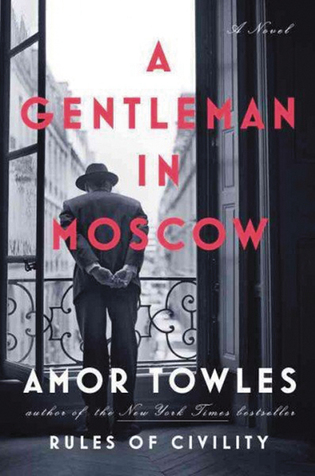 loading
loading
Reviews: May/June 2017 View full imageA Gentleman in Moscow Pages for Her, a new novel by Sylvia Brownrigg ’86, will be published this summer. For a storyteller, a great urban hotel provides a rich world-within-a-world, where the noble, the humble, and the curious all mix together in one labyrinthine multi-storied building. Wes Anderson’s comic and elegiac 2014 film, The Grand Budapest Hotel, is just one example. Now we have Amor Towles’s colorful, entertaining new novel, A Gentleman in Moscow. It is set predominantly in Moscow’s Metropol hotel in the first half of the twentieth century. Late in the novel, in 1950, Count Rostov will encounter a young architect who is sketching the hotel’s grand dining room, and reflect expansively on days past: “For most of the last 40 years, on a typical Saturday night you could find Russians cut from every cloth crowded around that fountain, stumbling into conversations with whosoever happened to be at the neighboring table.” Rostov is a cultured guide to the Metropol; he is also its well-tended prisoner. The novel opens in 1922, when the count, author of a verse deemed possibly counterrevolutionary, narrowly escapes execution and is allowed instead to live under house arrest at the hotel. There, in a tiny upper room crowded with a few family items (including a Louis XVI desk whose hollowed legs are stacked with gold), Rostov reorganizes, reading Montaigne and trying to rediscover a life of purpose. Towles, author of the bestselling novel The Rules of Civility, enjoys conjuring an earlier time’s elegance. But he also allows his aristocrat to see deeply into the hotel’s workings; eventually, Rostov will work there as headwaiter. And the novel takes excursions into the realities of Soviet Russia—the 1932 famine in the Ukraine and various of Stalin’s purges. Rostov meets many people throughout the novel, including hotel staff, an actress, and two young girls, one of whom he adopts. Through them he and the reader learn of darker and lighter aspects of Moscow’s changes through the evolving century.
|
|